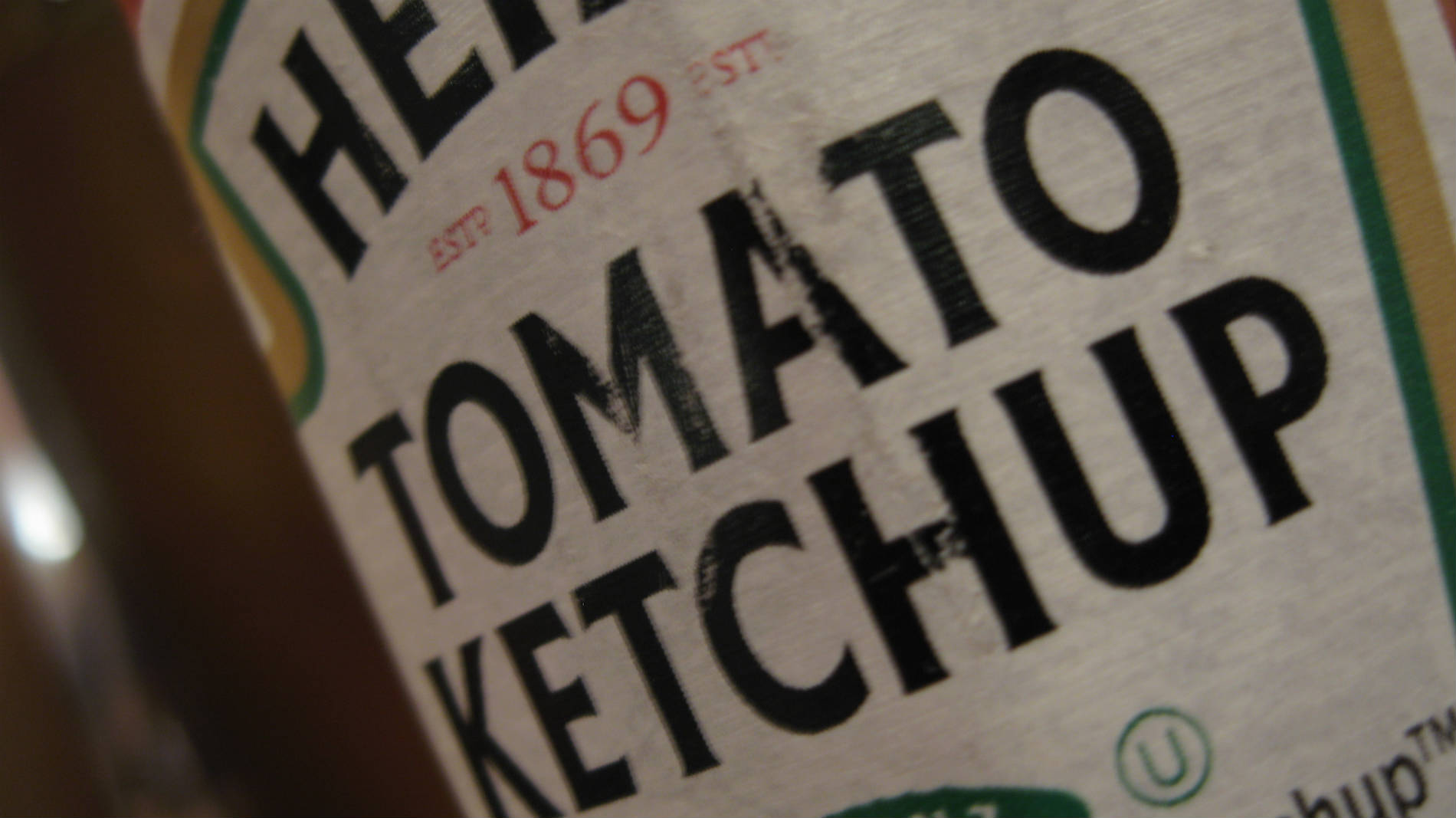A story of the perils to be found in principled protest.
‘Occupy London Mission Statement, Article Seven: We want structural change towards authentic global equality. The world’s resources must go towards caring for people and the planet, not the military, corporate profits, or the rich. October 16, 2011’
Beside the steps of Saint Paul’s Cathedral there is an urban Glastonbury. The city pavements are now a mosaic of bed-rolls and sleeping bags, laid out in short rows between tents and tee-pees of every shape, size, colour and description. Signs and placards are posted onto boards and road signs, across the sides of tents:
We are the 99%
Capitalism Isn’t Working
You Can’t Evict An Idea
The air is filled with the sounds and smells of early morning breakfast. Aching groans from wind-stiffened muscles blur with the clattering of galvanised camping pans and gas stoves. I open our coolbox, which is no longer cool. I take out the sweaty plastic packet with its last two rashers of bacon and drape them into the frying pan. Immediately, they buck and shrivel in the fatty foam, releasing a cloud of strong-smelling steam. Around me, people watch with eyes like animals.
‘Have we got any ketchup?’ I call into our tent.
‘Nope.’
‘Brown sauce?’
‘Nope.’
‘Mayo?’
‘You can’t have mayo on a bacon sarnie.’
‘Well, it’s better than nothing,’ I say. The remnants of the butter look to have clarified.
‘You should try the supply station. They’re building up a stock of stuff like that. Communal like.’
In the centre of the camp, not far from the cathedral, is a wide green tent, like a military tent, almost tall enough to stand inside. I wave at the bearded man lounging in a lawn chair outside.
‘Hi, I was told that there were condiments here, like a communal supply? I don’t mind contributing.’ I dug at the coppers in my pocket.
‘Well there will be. When we get it all sorted. We’ve got most of it together now. We started with toilet paper and razors, tooth paste, condoms, stuff like that. But it seems ridiculous for every tent to have its own salt and pepper, don’t it? Thought if we had a larder then we could all share.’
‘Makes sense,’ I nod enthusiastically.
‘So what can we get for you?’
‘Sauce is what I wanted. Ketchup or brown sauce or something.’ I hold up the wilting sandwich in demonstration.
‘Ah, I’m afraid you’re a little early for that. We were just about to go and get a supply but there’s been some discussion about which manufacturer to use. It shouldn’t be long. Go inside.’
Inside the tent, there are boxes and plastic crates stacked on short shelving units made of scaffold along with a number of Formica-topped folding tables. Amongst it all, there are a dozen or so people sitting on beanbags, engaged in a discussion.
‘…Warren Buffett? The billionaire?’
‘The billionaire tobacco magnate, yes. He owns Heinz.’
‘You realise he’s responsible for the largest charitable donation in history, bigger even than Bill Gates?’
‘It’s cancer money. In any case, don’t you realise how wrong it is to have that kind of power in the first place, that kind of wealth?’
‘He’s redistributing capital. They’re trying to cure malaria.’
‘But what’s making him do it?’
‘I don’t know, basic human decency?’
‘Exactly. He’s choosing to do it. What if he chooses to stop? What if he’s the last philanthropist the world ever sees? Society can’t rely on the goodwill of individuals, that’s why we have the state, why we have laws, prisons. We wouldn’t need them if everybody did the right thing, would we? We’re supposed to be here fighting the very fact that the super-rich exist. The one per-cent. We are fighting the system that creates them, supports them. They call it Philanthrocapitalism. Don’t you see how horrible it is? How Faustian? In my opinion, Heinz Ketchup represents that. I know that as a company it’s maybe not the worst, most evil, in the world, but it’s still a food giant. And we’re supposed to be giant slayers.’ There is a small ripple of applause.
‘Oh, come on. We’re talking about ketchup, brown sauce. These are proletarian symbols, proletarian cuisine. You can’t take that away.’
‘Don’t confuse class issues with this.’
‘That, right there, is the problem, the big problem. The devil sells himself as an angel. You have to remember that ketchup is big business, huge, billions of dollars worldwide. You’re talking forced tomato growing, vast tracts of land, local producers being squeezed out, water supplies being commanded, or even commandeered by one huge business concern. Heinz 57. And we lap it up as some kind of socialist imagery, the honest-to-goodness workman with his chips and his red sauce. But in fact, it’s just money in their pockets – out of ours and into theirs.’
‘Can we at least all agree that we can’t support HP? I mean, apart from being a subsidiary product of Heinz, HP Sauce, also known as Houses of Parliament Sauce, represents big government in the clearest possible terms. It goes straight to the icon, to the image, to the gilded calf. It celebrates the institution itself.’
‘At least it’s partisan.’
‘That’s irrelevant. We’re not talking about left and right, we’re talking about right and wrong. I mean, what is it that we represent? I thought we had already agreed on a McDonalds moratorium, for a start. What happened to that?’
‘Actually, that’s still pending. The current agreement is no McDonalds packaging within thirty feet of the Occupy site. The trouble is that the site changes size and shape so it is becoming difficult to enforce.’
‘Why can’t they just not eat it at all?’
‘Because… it’s McDonalds, you know?’
For a moment nobody says anything, then someone clears his throat. ‘Right, so we’ve ruled out HP Sauce, and Ketchup has been tabled for veto. What about mustard? Have we done mustard?’
‘I’m concerned that we are reaching an impasse here. There are other matters to discuss.’
‘Excuse me,’ I say, my bacon sandwich cooling in my hand. ‘What about Daddies?’ The inward facing circle slowly turns towards me and peers. Some seem annoyed at my presence, others seem confused. They all frown.
‘I’m sorry?’ somebody says.
‘Daddies Sauce, Daddies Favourite Sauce.’
‘Do they still make that?’
‘Of course they do, it’s just not advertised anymore. I thought it was more appropriate than the others. It’s cheaper, more affordable. It’s a minority with a small market share. It sort of represents healthy capitalism, in a way. You know, the smaller enterprise, happy with its position, not trying to expand or spread. No interest in hostile takeovers or international markets. Daddies make sauce and that’s it. They don’t even make very much of it, not in comparison to the others.’
‘He’s got a point. It’s even more blue-collar, I’d say.’
‘It’s politically neutral and economically more responsible.’
As the hubbub settles, they all begin to turn and face one of their number, who I now realise is holding a small wooden hammer.
‘Of course, Daddies sauce. I think we’ve finally reached a consensus. Excellent. So, does anyone have any objection to our adoption of Daddies Sauce?’
There was silence as the gavel hung in the air above the table. Then, from the back of the tent, a row of women sitting quietly all raised their hands in unison.
‘It’s a bit patriarchal,’ one of them said.
Photo by williamhartz ![]()
![]()
![]()


